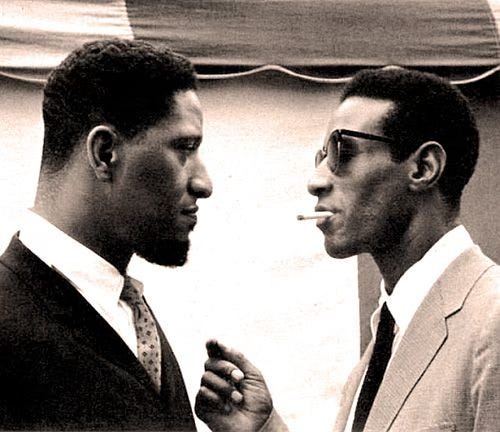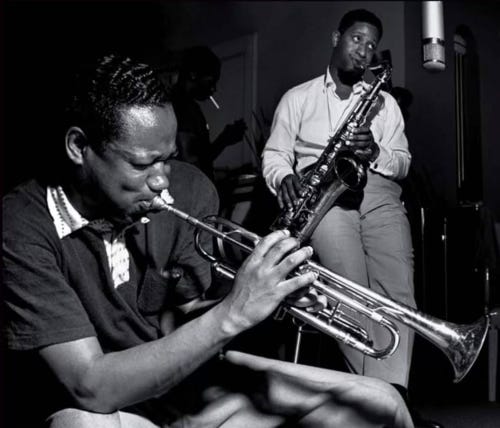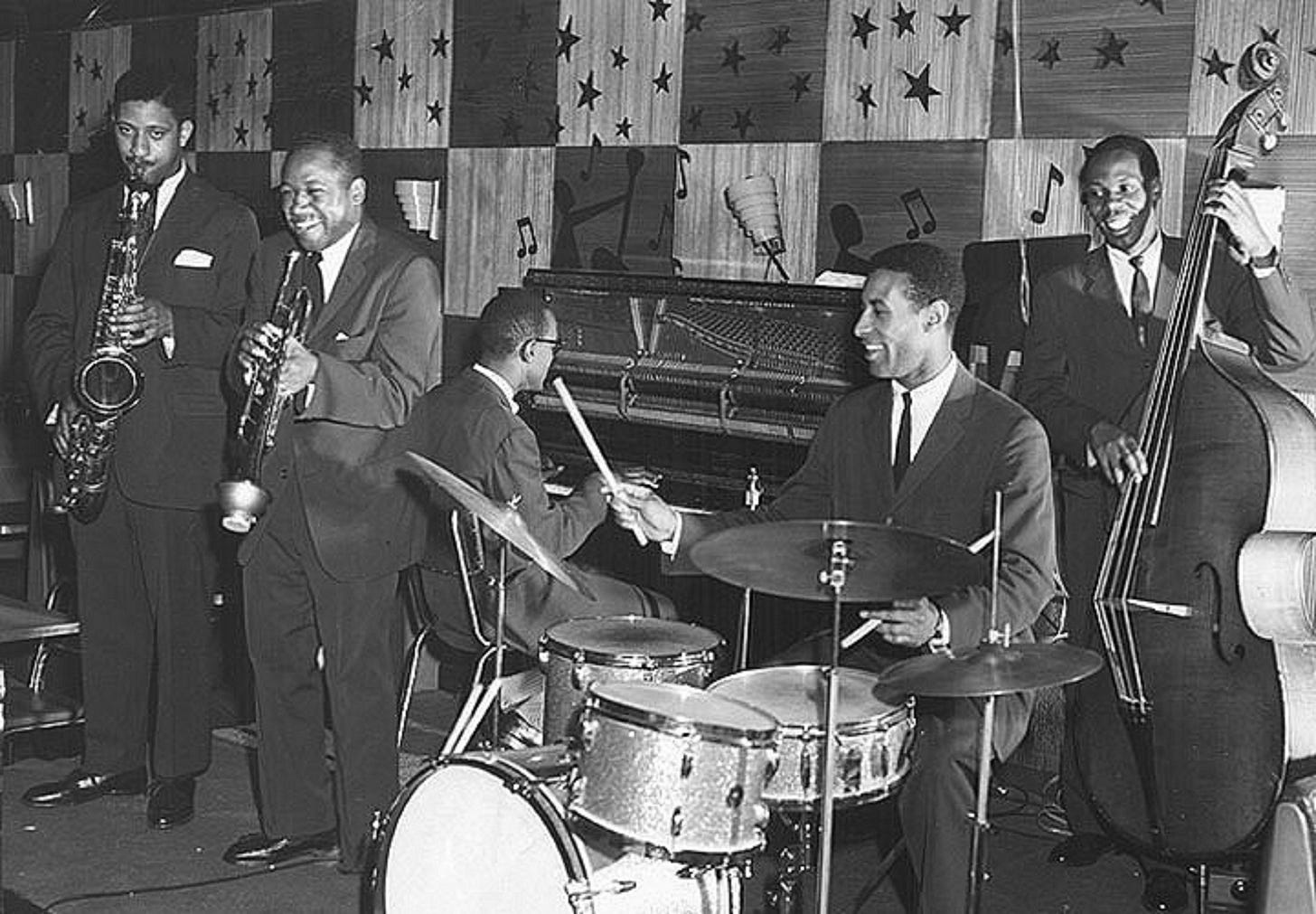Max Roach was an exceptionally important figure in jazz, especially in the development of modern jazz drumming, Max was renowned for his highly inventive style, which significantly expanded the role of the drum kit in jazz music. He was one of the first drummers to shift away from the steady time-keeping role traditionally played by drummers in big bands, instead using the drums to interact more creatively with the other musicians. His approach to using the cymbals, particularly the ride cymbal, to keep time while simultaneously creating intricate rhythmic patterns, was groundbreaking.
Mr. Roach also played a pivotal role in the development of bebop in the 1940s, a genre that revolutionized jazz. His work with iconic figures like Charlie Parker, Dizzy Gillespie, and Thelonious Monk helped to establish the fast tempos and complex chord progressions that characterized bebop. Roach's ability to navigate these complexities with both precision and musicality set a new standard for jazz drumming.
Max was also notable for his engagement with social and political issues, which was somewhat rare among jazz musicians of his time. His 1960 album "We Insist! Max Roach's Freedom Now Suite" is a landmark in this respect, addressing the civil rights movement through music and demonstrating how jazz could be a platform for social commentary.
Throughout his career, Max Roach collaborated with a wide array of musicians, both within and outside the jazz genre. His partnerships with other legendary artists like Clifford Brown, with whom he formed the influential Brown-Roach Quintet, showcased his versatility and contributed to some of the era's most significant recordings.
Roach was also an influential educator and mentor to younger musicians, most notably at the University of Massachusetts. His teaching and guidance helped shape the next generation of jazz artists, ensuring the ongoing evolution and vitality of the genre.
Max’s career spanned several decades, from the swing era through bebop, hard bop, and into more avant-garde forms. This longevity demonstrated not only his adaptability to changing musical landscapes but also his ability to remain relevant and innovative over time.
Max Roach's technical mastery, innovative approach to rhythm and timekeeping, contributions to the development of bebop, political engagement, collaborative work, and role as an educator and mentor make him a central and influential figure in the history of jazz.
Here Sonny Rollins remembers Max, and Walter Bishop, Jr., offers his tribute, a poem entitled Max, The Invincible Roach







The first time I heard Max Roach, I didn't know who he was. I was 15 yrs. old and I went with my stepfather to pick up my mother at a union meeting at the Embassy Auditorium in downtown L.A. We were wandering through the upstairs part and looking for the room that held the meeting. John, my stepfather, opened a door and we were standing at the top of the balcony where a concert was in progress. I was stunned by the music and the drummer in particular. Later I found out that the singer was Dinah Washington and Max Roach was the drummer. The first LP that I bought, when I was 16, was Charlie Parker's Now's The Time and I listened to Max every day after school.
Bret, did Brownie and Bird ever play together?